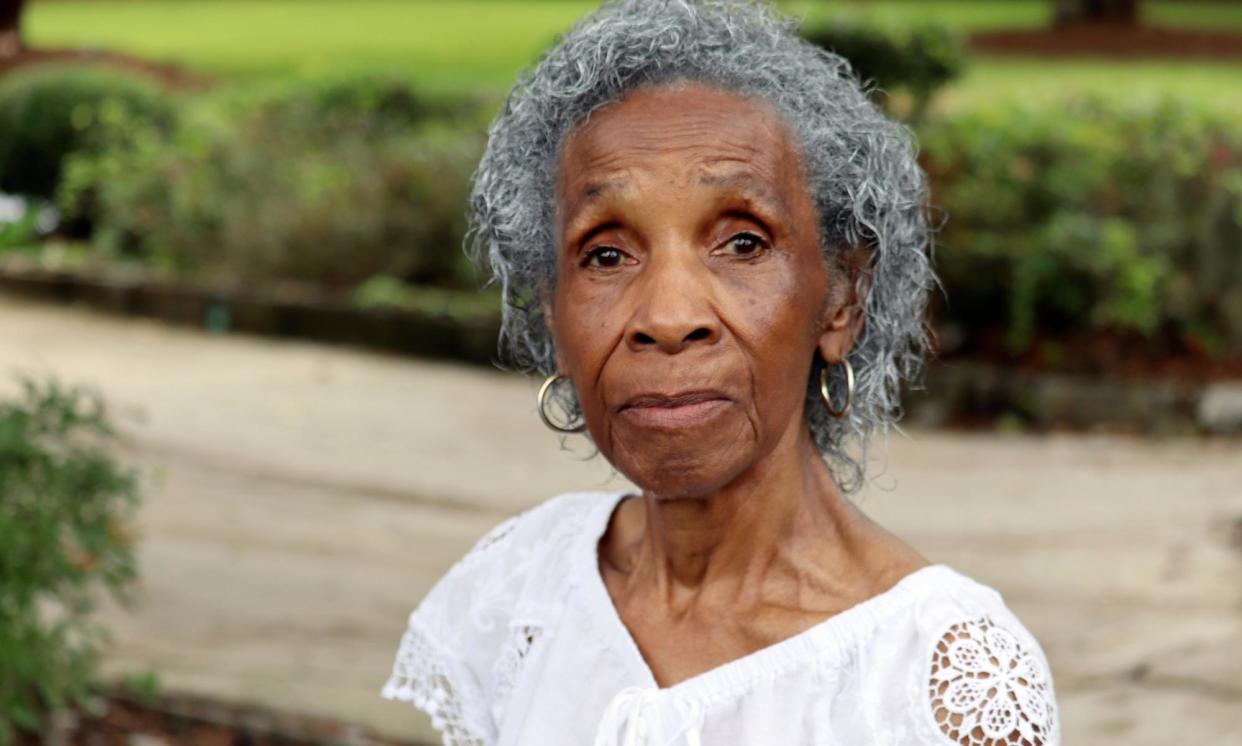South Carolina woman posthumously wins settlement over Black ancestral land

Josephine Wright, a Hilton Head Island resident who died this year aged 94, spent her last days fighting to protect her family’s ancestral South Carolina home from being taken by developers. Now, two months after her death, Wright’s fight is finally over: Bailey Point Investment, the construction company that was vying for her land, has settled with Wright’s family members after it initially sued for ownership early last year.
The settlement concedes that the Wright family owns the property in the middle of Bailey Point’s planned 29-acre neighborhood, according to South Carolina Public Radio. The company cannot contact the Wright family about purchasing the land, and there will be a privacy fence erected between the Wright family’s land and the new construction.
Wright’s story of an elderly woman standing down a Dickensian development company captivated national audiences and spurred an outcry from people such as Tyler Perry, who promised to build Wright a new house on the property, and Snoop Dogg and Kyrie Irving, who donated $10,000 and $40,000, respectively. A GoFundMe for Wright reached more than $350,000.
Wright – who is survived by four children, 40 grandchildren and dozens of great and great-great grandchildren – and her late husband Samuel Wright Jr, moved from New York City to Hilton Head Island some 30 years ago, seeking a place of peace and tranquility. Jonesville, the neighborhood into which they moved, was named after Caesar Jones, a Black civil war veteran and formerly enslaved man who had bought property in the area immediately after the war. Wright Jr’s family, who were Gullah Geechee, has owned 1.8 acres of land on the island since around that same time.
Following the civil war, Gullah Geechee people living on Hilton Head owned the majority of the land. By 1880, Hilton Head was about 98% Black. Now, Hilton Head is about 77% white. Gullah Geechee land ownership on Hilton Head Island has decreased by 70% since 1995, according to Greenville News, with descendants owning just 8% of the island’s total residential acreage in 2021.
In 2022, Bailey Point received town approval to build a new neighborhood with 147 housing units, which would surround Wright’s property. The company propositioned Wright to buy her land, but she refused. Last February, it filed a lawsuit against her, alleging that Wright’s home encroached on its land. The town refused to issue a certificate of compliance to Bailey Point until it reached and agreement with Wright.
After refusing to sell, Wright said she experienced bullying, intimidation and harassment tactics from the company, such as littering on her home and property and the cutting of her shrubs. She said that the company even tried to go around her by negotiating with other family members.
Related: Inside a controversial auction of Gullah-Geechee homes: ‘This land needs to be protected’
“They want this whole thing,” Wright told the Island Packet last year. “I made a little joke, I said to one of my children, ‘Maybe I better watch where I’m going, who knows what could happen to a little old lady.’”
In the place of historic Gullah Geechee homes, ancestral sites and sacred spaces such as burial grounds are now golf courses, condos and country clubs, most of which are frequented by wealthy, white retirees. Black Hilton Head residents have long tried to fight the ongoing gentrification and takeover of their land, which began in earnest in 1957 with the opening of Sea Pines, a 5,200-acre gated community which oversees four golf courses.
Wright spent the last year of her life on the offensive, fighting heartily to maintain her home. Now her family inherits her land, but not the battle to keep it. Under the newly created Josephine Wright Foundation, her relatives plan to help others in similar situations.


